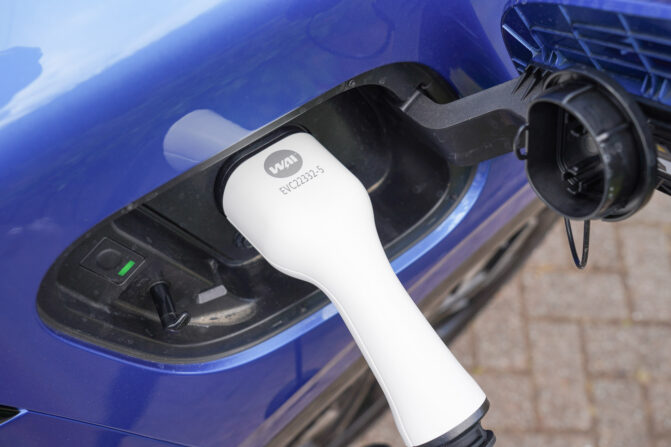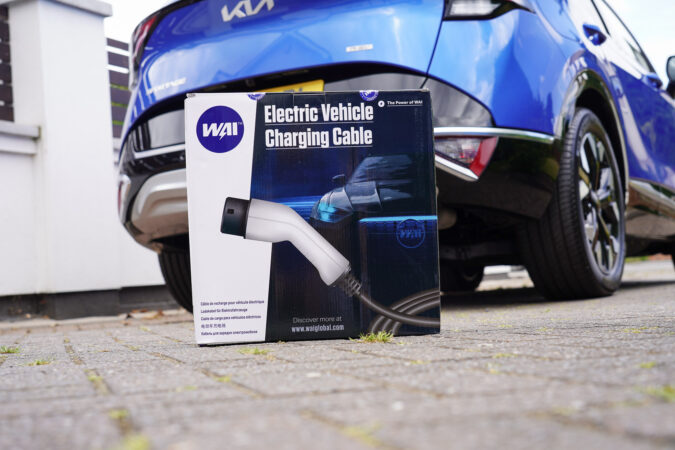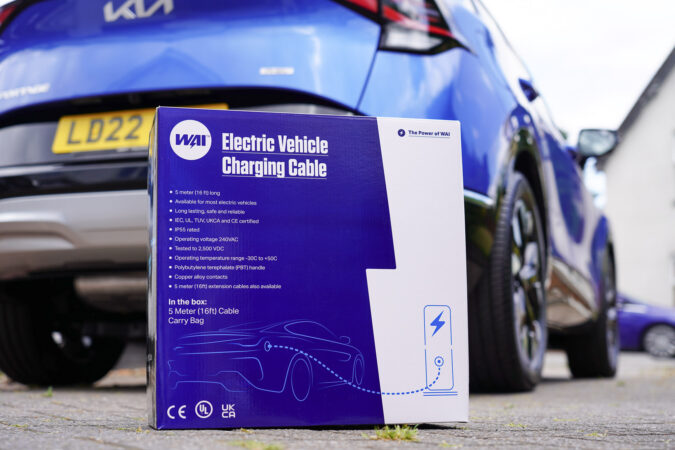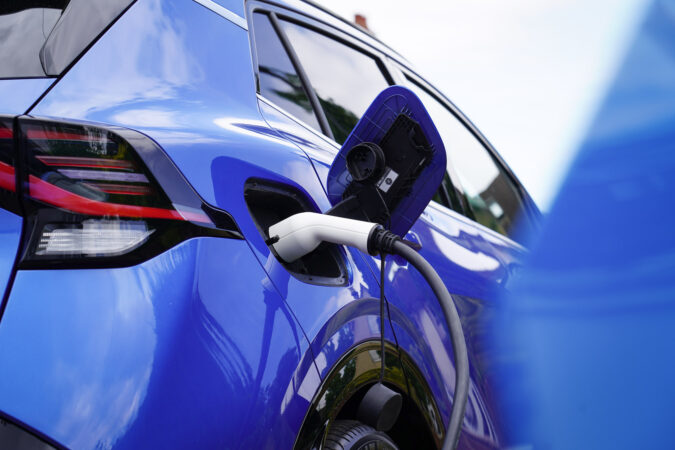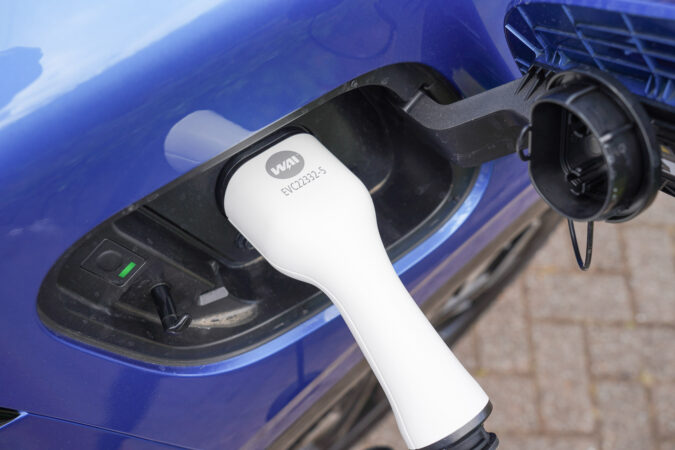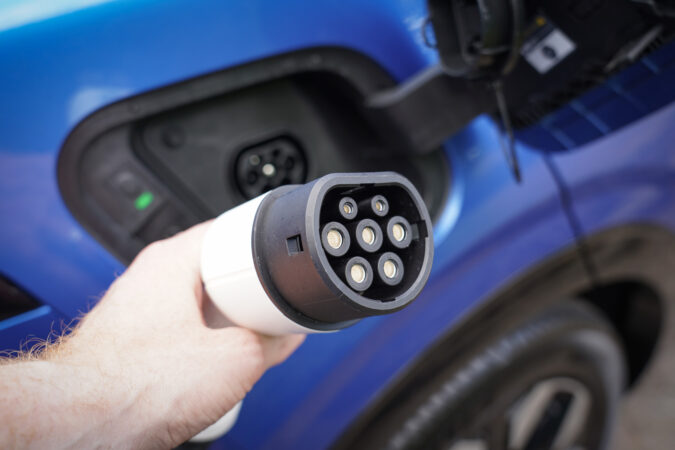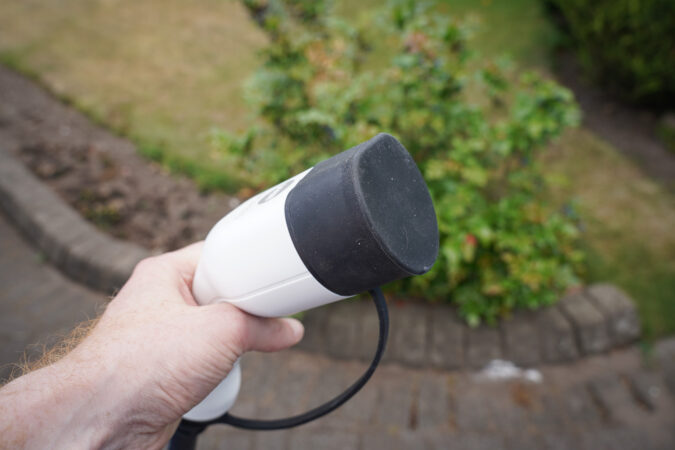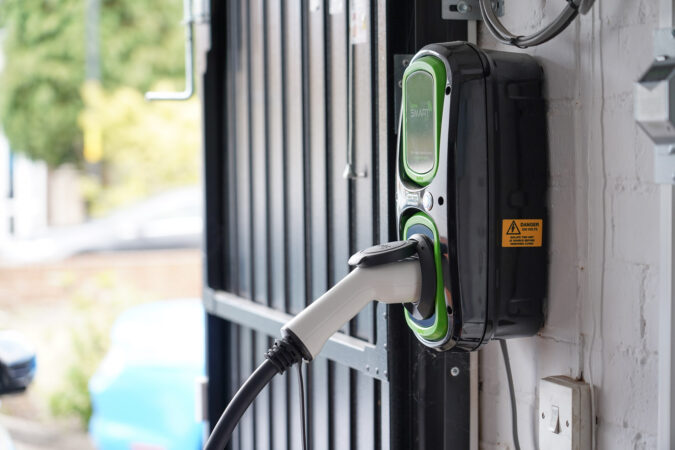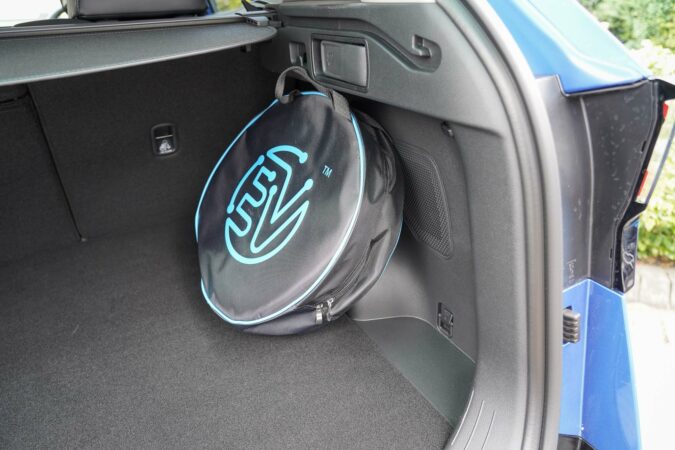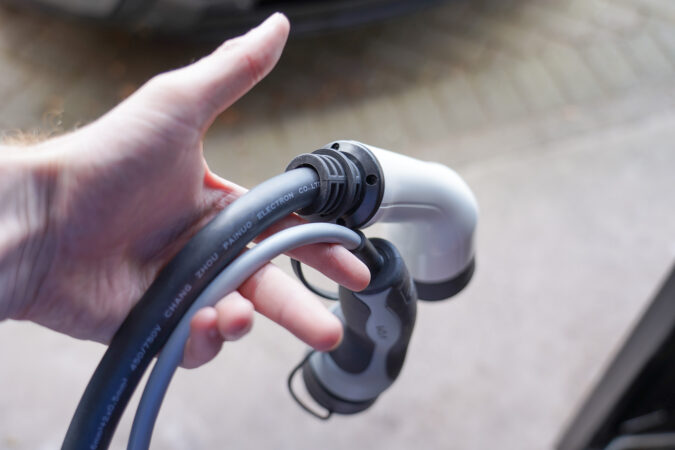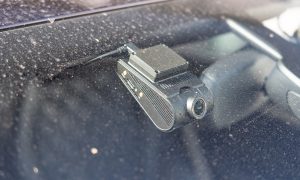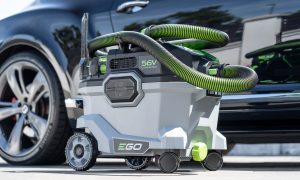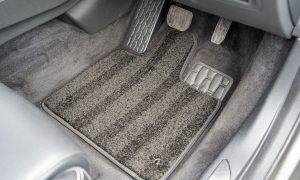EV ownership has added another thing for me to think about that I’ve not had to bother with before on any other car – a cable. Yes, just like your phone or laptop, electric vehicles need charging, which means that it’s practically useless without a cable to charge with. While most carmakers bundle one in any way, there’s a reason why third-party cables like those from WAI are highly sought-after.
WAI is a leading maker of various aftermarket automotive electrical components and electronics. It ranges anywhere from little things like windshield wipers, all the way to vital parts like alternators, and a load more besides. Now, they’re branching off into creating EV-related accessories. With that much experience, would it be enough to entice you into adding another cable to your storage bin?
Wide-Ranging Compatibility And Ease Of Use
Well, I certainly think so. To begin, let’s talk specs. WAI’s EV charging cable is Type 2-compatible. This is crucial, as it’s the most popular and commonly-found EV charging standard across the UK and in many other regions worldwide. This encompasses those lamppost and roadside chargers, as well as dedicated charging stations, and more. Plus, practically every new EV today works with Type 2.
That includes even older models like the early Nissan Leaf, which accepts Type 2 charging. Therefore, you shouldn’t have too many issues with compatibility if you’ve opted to carry around WAI’s charging cable. Furthermore, WAI’s charging cable here (specifically, the EVC22332-5) has a Type 2 female and male end. To ensure wide-ranging compatibility with most EV chargers, this is the most ideal set-up.
Physically, the WAI Type 2 charging cable as you see here is 5-metres long. This is a good amount of length. Some might argue that they’d be able to get away with a shorter length. Although, it’s quite tough to use them if your car is oriented in an awkward position. Or, if it’s parked too far away from the charger itself. In my experience, this happens more often than not with public chargers.
You’re not always so certain how far offset a charger is from the kerb, for example. As such, having this lengthy 5-metre-long cable, while perhaps overkill for some, could give you additional flexibility when you need to plug your car in. Crucially, we also have to note what’s going on within that thick shielding and rubber cladding. Specifically, just how well can the WAI charger top up your car?
High-Speed Charging And Endless Durability
This WAI Type 2 cable is able to take in up to 32A and 415V at a rate of 22kW. This, once again, does make it widely compatible with the majority of public fast chargers in the UK and elsewhere. They’re usually rated at 22kW, as well. Therefore, it should handle home chargers without difficulty – we’ve plugged it into a Rolec unit you see here, rated at 7kW. On top of that, it’s compatible with Phase 3.
Just for context, our Rolec charger there is a single-phase unit. So, Phase 3 ensures that you can plug this cable into plenty of high-spec EV charging stations. Now, most of you might be wondering as to why you’d even need to buy another charging cable. After all, most automakers include a cable with their EVs and PHEVs. However, there are some good reasons why you’d want an extra charger.
Besides not having to constantly pack up your sole cable every single time you set off (which is quite a hassle), this WAI Type 2 cable is a huge upgrade over an OEM cable. It’s significantly more robust and durable compared to every other charging cable that I’ve ever seen. You can see in this snapshot here how the WAI cable compares with the stock cable that comes with the Kia Sportage PHEV.
Just look at how thick the cabling and protective sleeving are on the WAI. This makes certain that the high-speed wiring inside is always well-protected. Plus, WAI’s put it through a lot of torture testing. They’ve driven over this cable, thrown it about, and abused it in every way possible. So, no matter how often you have to charge your EV, it’ll always stay protected from anything you can throw at it. It is a whole lot of cable for around £160.

